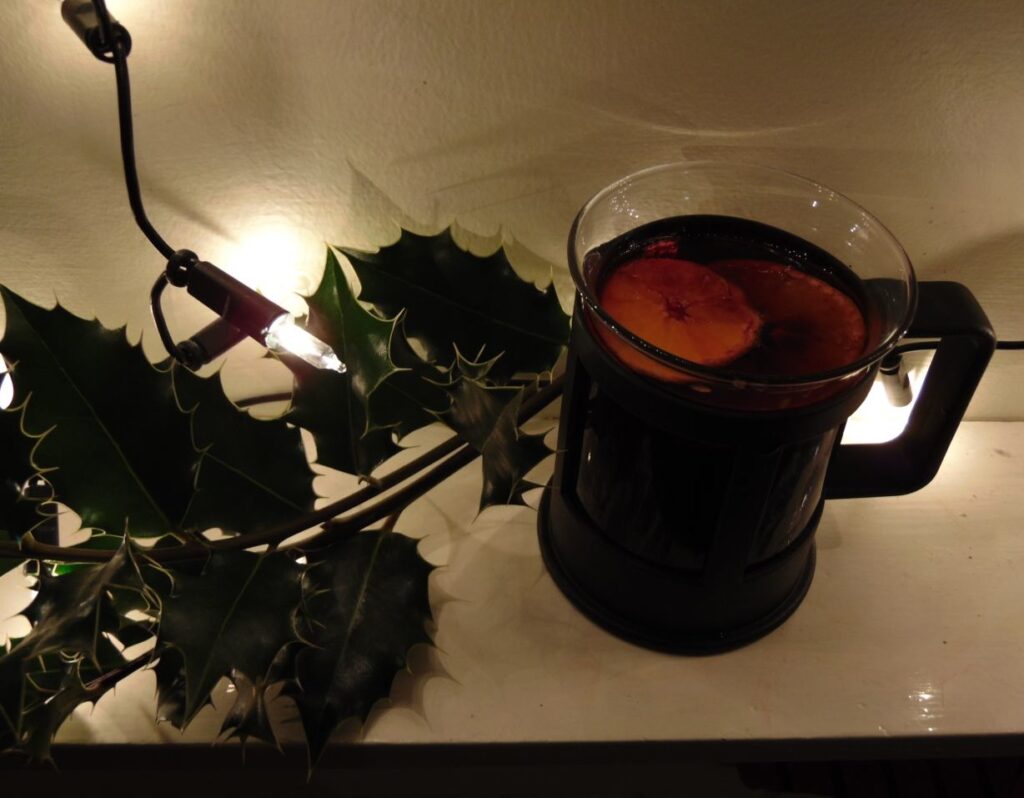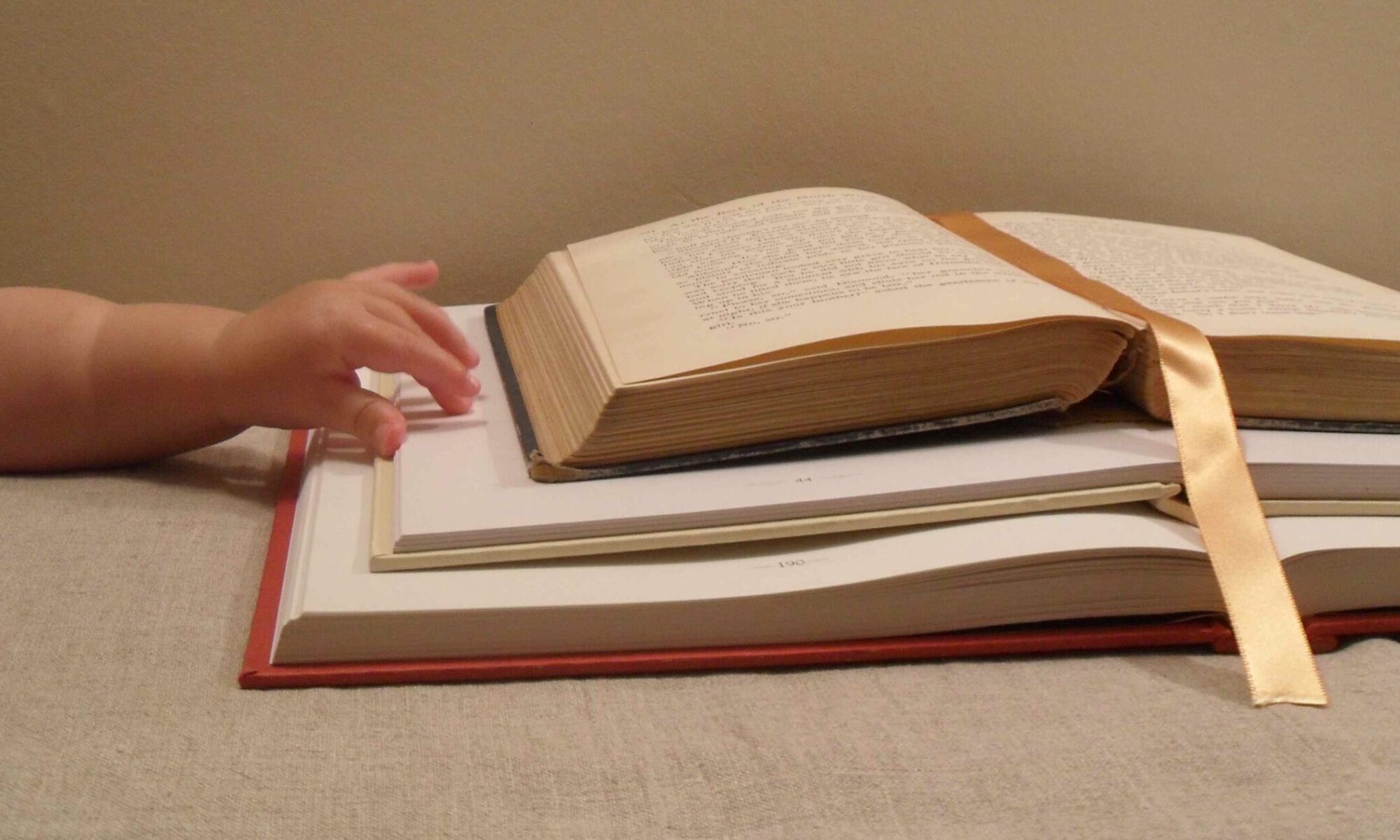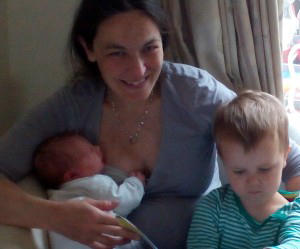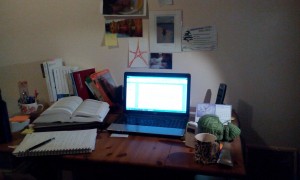What a year 2016 has been. Enough has been written about the negatives (for the world in general, as well as the literary world) so instead I will focus on the positives. Please do feel free to add your own literary heroes/heroines in the comments below. And here’s to 2017!
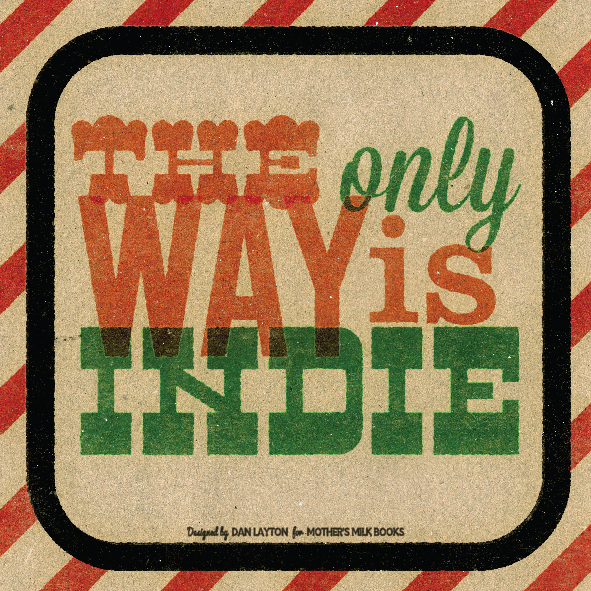
1. Anyone Involved with the Running of an Indie Press or Literary Magazine
You know who you are! Running an indie press makes for a lot of activity. Much of it is unpaid or at best, paid at the minimum or living wage. It’s done to make sure that important, vital and thought-provoking books get published. Passion and coffee and loyal book-buying supporters and readers keep the whole strange endeavour going. I’d also like to give a special shout-out to some of the founders of indie presses that I’ve had the pleasure of working with or interacting with in the past year (oh, and I happen to think they publish some amazing books so do please check them out if you haven’t already!): Comma Press, Linen Press, Three Drops Press, Valley Press, The Emma Press, Mud Press, Unthank Books, Paper Swans Press, Fox Spirit Books, Happenstance Press, Bluemoose Books, V Press, Galley Beggar Press, Dead Ink, Inspired Quill, Bird’s Nest Books, Five Leaves, Fair Acre Press, Candlestick Press, Lonely Scribe, Stonewood Press, Arkbound, A Midsummer Night’s Press, Salt, Pinter and Martin, And Other Stories.
I also want to mention The Contemporary Small Press who are doing so much to make the public aware of what small, independent presses have to offer readers and authors.
And if you’d like to meet some indie publishers and learn more about what they do please do visit this link which details the next ‘The Only Way is Indie’ event at Nottingham Writers’ Studio which I’m running in 2017. It’s going to be fabulous!
2. Nikesh Shukla
I had the pleasure of meeting Nikesh in Nottingham at the launch of The Good Immigrant last November. He struck me as being an intelligent, witty and gentle man, full of passionate energy for making the literary world more inclusive and diverse. Tired of constantly being asked to discuss the ‘diversity issue’ by those who have the power (yet not the inclination) to do something about diversity in publishing, Nikesh actually did something. And he’s continuing to do something. Inspiring. @nikeshshukla
3. Danuta Kean
Danuta is an incredible journalist who doesn’t shy away from investigating stuff that stinks in the literary world. Her reporting on diversity (or rather, the lack of diversity) in the publishing world makes for sobering reading (although perhaps, things may be on the up?). She also shares really useful tips about the publishing world on Twitter and is, overall, rather fabulous. @Danoosha
4. Matt Haig
Matt’s book Reasons To Stay Alive makes for powerful reading. And as a highly-visible author on social media he’s done much to make it okay to talk about depression, and his book and kind words have helped many. A sensitive soul, Matt is simply one of the best of the ‘good guys’ out there. And we so desperately need more of them. @matthaig1
5. Ira Lightman
Ira ‘poetry sleuth’ Lightman has uncovered a fair deal of plagiarism in the world of poetry, and although (I don’t think) there’s been much to uncover recently the past cases have a habit of popping up again and again, causing tension and unpleasantness amongst poets. Considering all this, Ira has been absolutely professional and diplomatic throughout and to me he’s a hero for sticking up for what’s right and doing the right thing. (Surely, one of the hardest things to do.) @iralightman
6. Susan Last
Every time I read about how formula milk companies are undermining mothers and babies and profiting from this disempowerment, I fume. Then I think of people like Susan Last who expose the lies, dodgy evidence and the aggressive marketing and am glad. Susan’s blog makes for fascinating reading and the ‘Why It Matters’ series that she edits for Pinter & Martin is a masterclass in research-based evidence about all things pregnancy, birth and breastfeeding. @Lonely_Scribe
7. Zion Lights
Zion Lights, a journalist and ‘science mum’ is passionate about the environment and bringing decent evidence-based research to those who wish to parent their children in a more environmentally-friendly way. She’s also one of the most thoughtful and giving people I know. http://www.zionlights.co.uk/
8. Maddy at Writing Bubble
Maddy is a wonderful creative woman who hosts the ‘What I’m Writing’ linky from her blog Writing Bubble. She puts in so much time and energy to create a warm, supportive environment for a whole bunch of women writers and considering how much work she does to make the whole thing happen week in, week out, she remains positive always. I’m thankful for her encouragement and her dedication to supporting other writers’ work. @writingbubble
9. Ross Bradshaw and Jane Streeter and Stephen Holland of Page 45 (in fact, anyone who runs a bookshop)
Ross of Five Leaves Bookshop in Nottingham, Jane of The Bookcase in Lowdham, and Stephen of Nottingham-based comic shop Page 45 are three of the stars out there making sure that independent bookshops still have a place on our high streets and towns. Selling books and comics is incredibly hard so I’m in awe of how they and others manage to keep going when the bookselling climate is against them.
10. Angela Readman
Angela is someone I got to know through her excellent writing in Mslexia and her book of short stories: Don’t Try This At Home. She’s now one of my friends on Facebook, and I’ve discovered her to be humble, generous, kind and thoughtful. Whenever I feel somewhat down I know that I can go to Angela’s page and read something that’ll make me smile and feel better about the world. @angelreadman I have got to know many wonderful people through Facebook and she, along with Bharat R. and a whole host of other wonderfully bookish and creative people fill my life with the knowledge that there are many, many kind people out there.
11. The Nottingham Writers’ Studio Crew and All Those Involved with the Nottingham Literary Scene
There are probably too many to mention (and I don’t want to leave anyone out) so all I’ll say is this: all those involved in making the Nottingham literary scene (and Nottingham Writers’ Studio as a huge part of that) are incredibly passionate and hardworking and I feel proud to run a press that makes up a small part of that scene. (And it was totally thanks to them that Nottingham became a UNESCO City of Literature.)
12. Readers and Reviewers
Anyone who has read a book, connected with it in some fashion and gone on to write a thoughtful review is heroic in my eyes. Authors write to connect with readers; so if no reader feels moved to write anything about a book that an author may well have invested years of work in… well, that feels pretty crap. So every thoughtful review is of use and will give much joy to the author (and the publisher!).
13. My Authors, Illustrators, Supporters and Co-Editor Helen Lloyd
I would like to mention my authors and illustrators – they’ve been very understanding of the ups and downs I’ve had this year, patient and super hardworking. They also happen to be incredible people as well as brilliant writers. The press wouldn’t exist if it weren’t for them and all our supporters who buy books, make donations (some amazing individuals have even invested in the press) and who email us with kind words and in general, believe in me and the press. And I simply have to mention my co-editor Helen Lloyd who, along with her day job and looking after two small boys, provides me with much support and encouragement. Thank you from my heart.
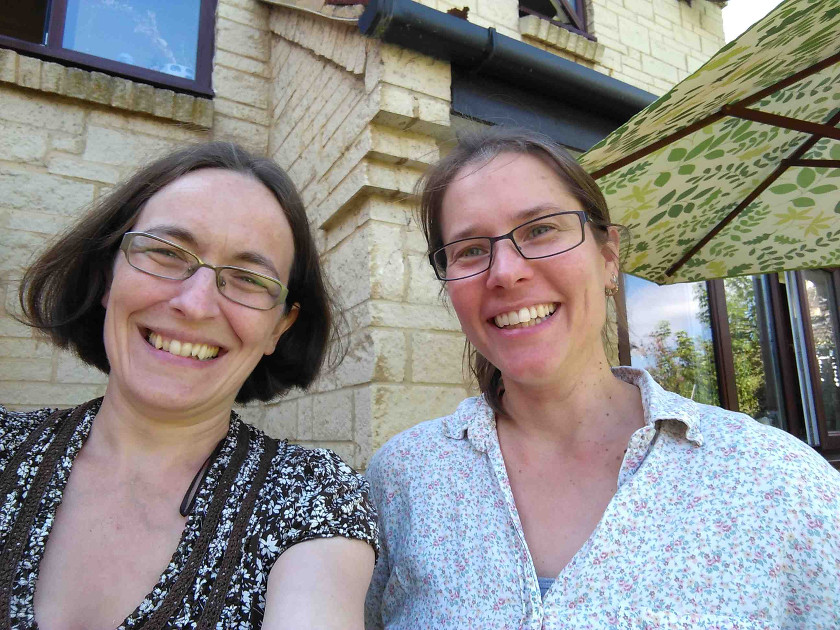
14. My Family
Huge thanks to my lovely little family who put up with my endless work and who are always supportive of “mummy making books”. You make everything worthwhile.
And finally, a few words from two of my authors who wanted to give a shout out to some of their literary heroes:
Beth McDonough: Andy Jackson does a vast amount for the poetry community. He’s the coordinating, organising energy behind several anthologies, and at the helm of Scotia Extremis with Brian Johnstone, and at the same time, co-steering New Boots and Pantisocracies with Bill Herbert. That’s really the tip of his iceberg. Generous, selfless, inspired and disciplined (and no mean poet in his own right), he’ll never flag up how much he does for so many …but he does.
Cathy Bryant: I’d put Philip Ardagh in there. He’s extraordinarily kind and funny and encouraging – you’d never know that he writes for the Guardian and has written bestselling children’s books. His FB posts are my to-go places if I’m feeling low. I love writers who love other writers!
WISHING YOU ALL A HEALTHY, HAPPY, CREATIVE AND PEACEFUL 2017 FULL OF LOVE!
